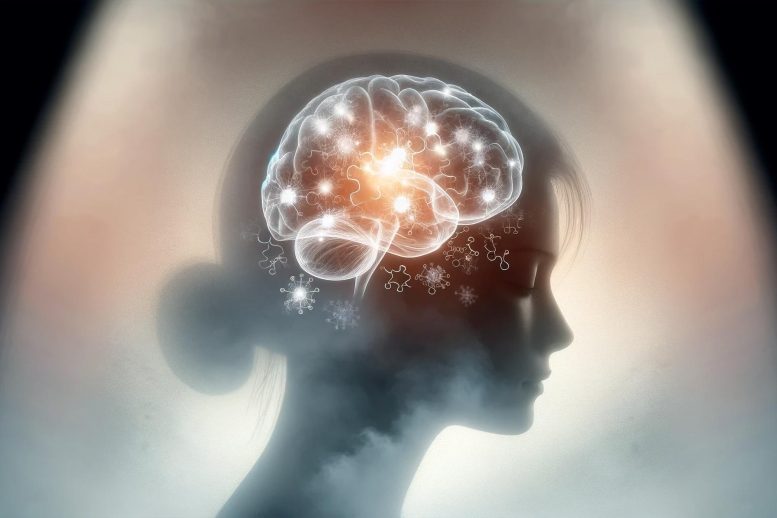
Scientists from Nagoya University in Japan have identified the role of serotonin neurons in linking glucose availability to reproductive health. Their research demonstrates how elevated glucose levels stimulate serotonergic neurons, leading to the release of serotonin, which in turn activates kisspeptin neurons responsible for reproductive hormone release. These findings explain why poor nutrition affects fertility and suggest potential treatments for depression-induced infertility through the use of selective serotonin reuptake inhibitors (SSRIs). Credit: SciTechDaily.com
Scientists have clarified the connection between energy levels and fertility in both animals and humans. The researchers, from Nagoya University in Japan, discovered that signaling from serotonin neurons plays a crucial role in maintaining reproductive function by detecting glucose availability, which in turn enhances the release of the reproductive hormone gonadotropin. These findings also offer an explanation for the reduced fertility seen in individuals with depression and suggest potential treatments. The study was published in Scientific Reports.
People who lack sufficient nutrition encounter problems with their reproductive health. For example, ballet dancers can experience menstrual disruptions, and women who fast can struggle to conceive. According to a new study led by Designated Associate Professor Sho Nakamura and Professors Hiroko Tsukamura and Satoshi Ohkura, one of the main factors that affect a person’s reproductive health is glucose availability.
Nakamura, Tsukamura, and their colleagues from the Graduate School of Bioagricultural Sciences at Nagoya University discovered that elevated glucose availability in rat brains stimulates serotonergic neurons. This causes the release of serotonin in the brain. Serotonin is an important neurotransmitter that affects the body and mind. It influences functions such as mood and behavior, and physiological processes such as bone health and metabolism.
Serotonin and Reproductive Hormones
When the researchers administered serotonin to goat brains, it triggered the activation of the kisspeptin neurons, which are the primary stimulator for the release of key reproductive hormones, such as gonadotropin-releasing hormone and gonadotropins. “We used rats and goats as models because rats are a useful human model, whereas goats serve as a livestock model,” said Professor Tsukamura.
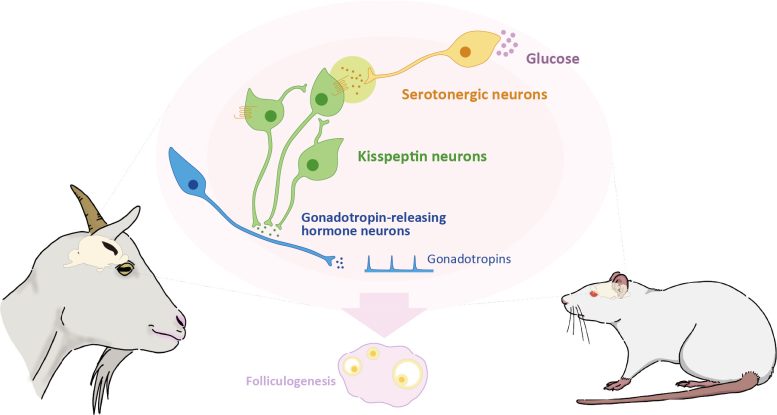
Serotonergic neurons release serotonin when they sense high levels of glucose. This triggers the activation of the kisspeptin neurons, the primary stimulator for releasing reproductive hormones. Credit: Sho Nakamura
Their findings indicate that serotonergic neurons can release serotonin when they sense high levels of glucose. By interacting with serotonin receptors in the kisspeptin neurons, they can improve reproductive functions. The use of inhibitors for serotonergic signaling also allowed the researchers to establish that the opposite was true. This important finding sheds light on why mammals with a poor diet face problems associated with fertility.
Depression can often be attributed to malfunctioning serotonergic neurons in the brain, which are often targeted for treatment. The dysfunction of serotonin neurons often observed in individuals with depression suggests that low serotonergic activity might be a part of its cause. Nakamura’s research lays the groundwork for treating depression-induced infertility in humans and reproductive disorders in livestock, which implies a possible underlying connection and a potential treatment.
“Since selective serotonin reuptake inhibitors (SSRIs) are commonly prescribed to treat depression in patients, studies indicate that these drugs may also have potential benefits for addressing depression-related infertility and treating animals,” said Professor Tsukamura, the Principal Investigator of the research group and corresponding author of the paper. She proposes that SSRIs could potentially be used in the future for human and animal reproduction, or in combination with diet treatments for people with depression.
Reference: “Raphe glucose-sensing serotonergic neurons stimulate KNDy neurons to enhance LH pulses via 5HT2CR: rat and goat studies” by Sho Nakamura, Takuya Sasaki, Yoshihisa Uenoyama, Naoko Inoue, Marina Nakanishi, Koki Yamada, Ai Morishima, Reika Suzumura, Yuri Kitagawa, Yasuhiro Morita, Satoshi Ohkura and Hiroko Tsukamura, 3 May 2024, Scientific Reports.
DOI: 10.1038/s41598-024-58470-4



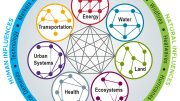
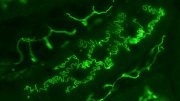


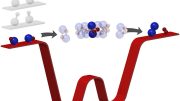

SSRI’s are evil, I know first hand.
I was convinced to go on them in 2018 and just recently quit taking them.
What I know realize is they literally stifle your drive, motivation, cognition, emotions, and so many other things.
They are there to help zombify you and make you are more compliant slave.
I’ll never go back on anything like that again.
Leave my brain alone!